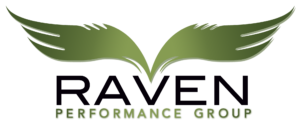required to hire xx% of employees representing different races and ethnic backgrounds.Scott Page, Professor of Complex Systems at the University of Michigan, takes a different approach. Instead of pondering moral questions like, “Why can’t we all get along?” he asks; “How can we all be more productive together?” The answer, he suggests, is in messy, creative organizations with individuals from vastly different backgrounds and life experiences. Page says, “New York City is the perfect example of diversity functioning well. It’s an exciting place that produces lots of innovation and creativity. It’s not a coincidence that New York has so much energy and also so much diversity.”
The issues we face in an ever-expanding world
market are complicated. Organizations where everyone thinks the same way can become stuck using the same stock solutions over and over again. People from different backgrounds have different ways of looking at problems. Page calls these “tools”. The sum of these tools is more powerful in organizations with diversity than where everyone has gone to the same schools, been trained the same and thinks in almost identical ways.
Page demonstrated that diverse groups outperformed homogenous groups in problem solving every time.
Consider Interview questions that will help you detect “diverse thinking” in your hiring. For example:
- How high would you say this table is? How did you come up to that answer?
- How much should you charge to wash all the windows in Montana? What did you do to figure that out?
- Where do you keep the ketchup? Why?
Listen to a short interview with Scott Page HERE

